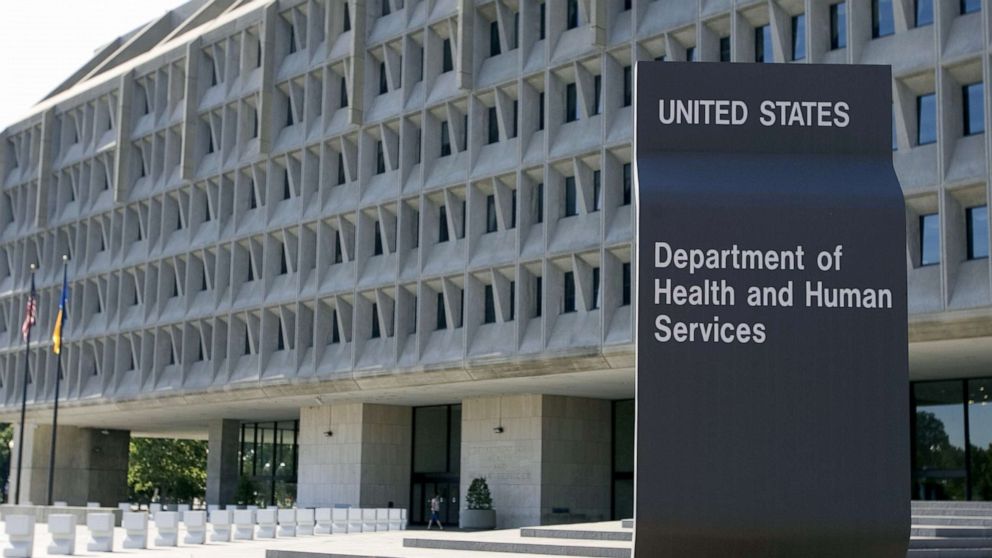Alabama's Justice System Faces Mental Health Crisis: A Judge's Urgent Plea

Alabama's criminal justice system is grappling with a silent crisis: a profound lack of mental health support for those caught within its grasp. This isn't a new issue, but the scale and consequences are becoming increasingly alarming, demanding immediate and comprehensive action. As a judge witnessing these realities firsthand, I believe it's imperative to shed light on this critical problem and advocate for meaningful change.
The stark truth is that a disproportionate number of individuals entering our courtrooms come from low-income communities. These communities often lack access to basic resources, including quality healthcare – and mental health care is frequently the most neglected. Many defendants have never encountered a mental health professional, never received a diagnosis, and are utterly unaware of the support available to them. They are thrust into a complex legal system, often struggling with untreated mental illnesses that significantly impact their ability to understand charges, assist in their defense, and ultimately, rehabilitate themselves.
The consequences of this systemic failure are devastating. Individuals with untreated mental health conditions are more likely to be incarcerated, face longer sentences, and experience recidivism. The cycle of poverty, mental illness, and incarceration perpetuates itself, straining our resources and hindering any real progress toward public safety. Our jails and prisons have become de facto mental health facilities, ill-equipped and understaffed to provide the specialized care these individuals desperately need. This is not only inhumane; it's also fiscally irresponsible.
Consider the sheer volume of cases where mental health issues are clearly at play. Defendants exhibiting signs of psychosis, severe depression, or anxiety disorders are often processed through the criminal justice system as if they were simply 'bad actors.' This approach ignores the underlying causes of their behavior and fails to address the root of the problem. Instead of providing treatment and support, we often resort to punishment, exacerbating their conditions and increasing the likelihood of future offenses.
What, then, is the solution? It's multifaceted, requiring a collaborative effort from lawmakers, healthcare providers, community organizations, and the judiciary. Here are a few key steps we must take:
- Increased Funding for Mental Health Services: We need to significantly increase funding for community-based mental health programs, particularly in underserved areas. This includes expanding access to therapists, psychiatrists, and support groups.
- Early Intervention and Prevention: Investing in early intervention programs for children and adolescents can help identify and address mental health concerns before they escalate.
- Mental Health Courts: Expanding the availability of mental health courts, which offer specialized treatment and support for defendants with mental illnesses, can divert individuals away from traditional incarceration.
- Judicial Training: Providing judges and court personnel with training on mental health issues can help them better understand the complexities of these cases and make more informed decisions.
- Collaboration between Criminal Justice and Healthcare Professionals: Breaking down the silos between the criminal justice system and the healthcare system is crucial. We need to foster collaboration and communication to ensure that individuals receive the appropriate care.
Addressing Alabama's mental health crisis within our criminal justice system is not merely a matter of compassion; it's a matter of justice, public safety, and economic responsibility. It requires a fundamental shift in our approach – moving away from punishment and towards treatment, support, and rehabilitation. The time for action is now. Let's work together to create a system that is both just and humane, one that prioritizes the well-being of all Alabamians, including those struggling with mental illness.






